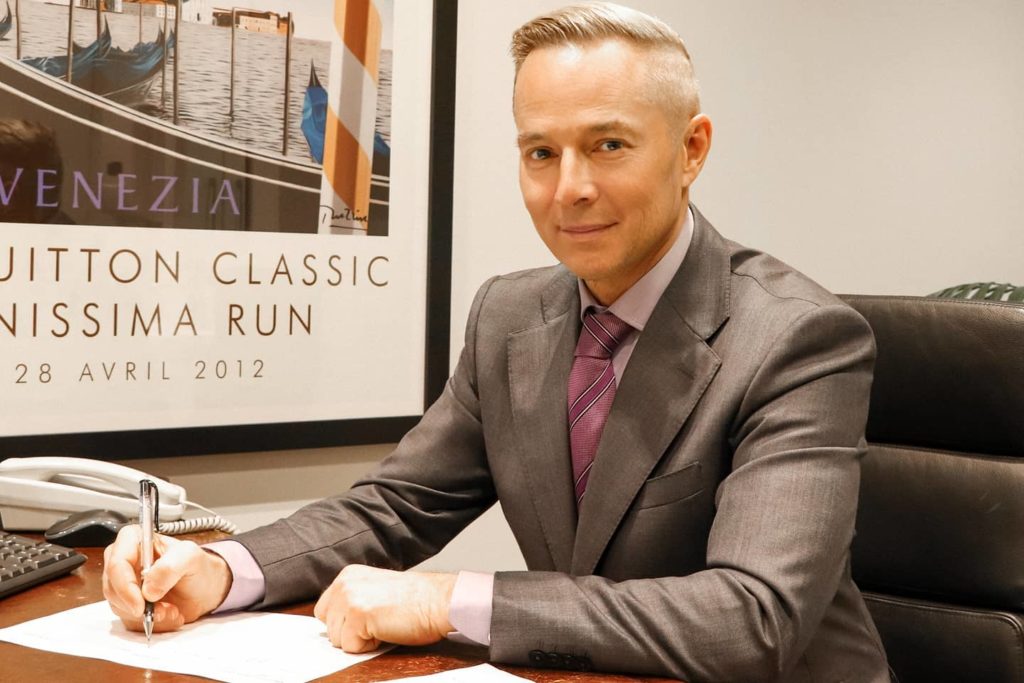All Surgery including Plastic surgery has potential risks and complications. Most plastic surgery procedures have a high success rate and deliver exactly what the patient desires – an enhanced appearance. However, it’s still important to know what YOU can do to help reduce complications after plastic surgery.
The skill and experience of your plastic surgeon plays a major role when it comes to minimising potential risks, but is just one factor. What happens during the pre-surgery and post op recovery period is also crucial for success and avoiding complications. It is important to know what the risks are ahead of time so you can make an informed decision and choose your surgeon carefully.
One of the biggest things you can do to reduce risks and complications of surgery is to choose the right plastic surgeon and closely follow their instructions. Always follow their pre-op instructions and the post-op instructions to get the best results.
Dr Mark Gittos is a face, breast and body surgery expert and Plastic Surgeon in New Zealand & UK. In this article, we will discuss how to minimise the complications of plastic and cosmetic surgery.
Download Dr Mark Gittos’ Guide to Plastic Surgery Recovery

Surgery Risk Factors – What Impacts Plastic Surgery Results and can help Reduce Complications and Risks?
Plastic surgery is safer than ever before, but that doesn’t mean it’s risk-free. A variety of factors can play a role in determining the potential risks of surgery for a patient. Some of these factors include:
1. Patient Age
The patient’s age is an important factor in determining whether or not plastic surgery can even be considered. If you are under 18, the consent of both parents is required and the procedure can only be performed if it is deemed medically necessary. Apart from these general rules, there are also some other factors regarding the procedure and the patient’s age the surgeon will consider. For example, a full facelift may not be suitable for patients under 40. They might benefit more when getting other procedures such as the mini facelift.
2. Patient Overall health and co-morbidities (physical and mental)
the patient’s health condition might be a contraindication to the surgery or might increase the risks. So, if you have chronic diseases (for example, diabetes) or acute infections (respiratory, genital), then the operation might have to be postponed. So, make sure you are in good health if you are considering plastic surgery or discuss with Dr Mark Gittos how your condition affects the risks of plastic surgery. Additionally, you should make sure that you are mentally prepared for such a change in appearance as well as the recovery period that follows certain types of plastic surgery procedures. Some procedures (gender affirmation surgeries, for example) require the patient to get verified by psychiatrists. This is necessary to protect the patients.
3. Surgery Duration – time under Anaesthesia
according to studies, procedures that take longer than 4 hours, might lead to complications if performed in an outpatient centre. So, if you are undergoing a long surgery, ensure it is being performed in a hospital or raise your concern with the plastic surgeon.
4. Infection Control efforts really help reduce complications
infection is a potential complication of any surgical procedure. Some patients have a higher risk of developing an infection. You should ask Dr Mark Gittos what incision care is necessary to reduce the risk of infection. Many post-operative infections are a result of the patient not taking their antibiotics, contaminating the wound or failing to keep the dressings sterile. Take good care of the surgical site to prevent infections after surgery. Good Nutrition and Pre-washing of the surgical site with antibacterial agent in the days before surgery may also help reduce infection.
5. Type of Plastic Surgery being performed
Some procedures are higher risk than others. Surgeries like Brazilian Butt Lift have the most complications (Note – BBL is not offered by Dr Gittos for this reason).
Abdominoplasty and most abdominal procedures have a higher chance of seromas post-operatively. Dr Gittos will discuss the risks during the consultation. before surgery. Patients should be aware of their risks and follow the surgeon’s recommendations to reduce it as much as possible.
6. Avoid Use of Party Drugs – Smoking, Vaping and drinking Alcohol
Smoking can increase the risk of complications during surgery. If you smoke or vape, you will need to stop for a long period of time before and after your procedure. In addition to avoiding smoking and nicotine products, some patients may need to avoid taking aspirin or other medications that affect blood clotting for a certain period of time before surgery. Also, make sure to not drink for at least 2 weeks or a month after the procedure for best results. Recreational Drugs should also be avoided when having plastic surgery.
7. Avoid UV damage
Avoid prolonged sun exposure after surgery to reduce the risks of getting suboptimal results. You might want to show off the results of the procedure as soon as possible, but you need to let yourself heal completely before doing that. Sun exposure can lead to the discolouration of the skin in the treated area. The damage caused by UV rays might be permanent. So, do your best to avoid sun exposure at least 2 weeks before your surgery and for a few months afterwards.
8. Hospital Theatre Safety measures
Following strict safety protocols in Operating theatres can help prevent complications and risks. This is the reason why the facility where the procedure is performed is important and should be chosen with care. Undergoing cheap cosmetic surgery procedures overseas is often associated with a higher risk of developing complications due to the lack of strict safety measures and hygiene. When booking your procedure, consider the hospital or clinic as well as the surgeon.
9. Your surgeon’s skills and experience:
Do your homework before undergoing any cosmetic procedure. If you are planning to undergo plastic surgery, do not just choose the first clinic you find online or hear about from your friends. Research about the surgeon and book a consultation first. Ask questions about their experience and take a look at the before and after photos of their patients.
10. Wear your Garments and follow other Post-Op Instructions
Ensure you follow your surgeon’s post-op recommendations to the letter. When asked to wear compression garments, for example, wear it all the time or as indicated by the surgeon. Also, avoid strenuous activities and over-exercising during the recovery period. Attend all your post-op appointments and take medications on time as directed.
Further Info about How to Reduce Complications of Surgery
- Download Free Plastic Surgery Guides
- Your Patient Journey
- Virtual Consultation
- Recovery after Surgery
- Risks of Surgery
About Dr Mark Gittos FRACS (Plast) – New Zealand Plastic Surgeon
Practice locations in Herne Bay Auckland, Northland and Bay of Plenty – Kerikeri, Whangarei, New Plymouth & Tauranga
Dr Mark Gittos is a leading Specialist Plastic Surgeon and operates a practice in Herne Bay, Auckland and in the UK. The practice focuses on both surgical and non-surgical procedures, each designed to help restore, improve or change a physical characteristic or problem. The first step in every case is to talk through your personal requirements and explore all the options, before deciding on the most effective solution.
Dr Mark Gittos offers high quality, natural-looking cosmetic surgery results and is highly experienced in Breast, Body and Face Surgery having performed over 4000 Surgeries in the last 26 years. With worldwide expertise Dr Gittos is an expert in breast, face and body surgery for men & women.
Naturally, before any treatment is begun, we will explain clearly the advantages and risk factors; so that you have the information you need to make an informed decision that is best for you. Visit the practice to find out more.

NEXT STEPS
Please NOTE: Dr Gittos only performs surgery on non-smoker patients with a BMI less than 30. To check your BMI please visit the NZ Heart Foundation website. For help giving up smoking before surgery visit the Smoke Free website
Do your Research
- Read the Website and Blogs relevant to your procedure
- Browse our Frequently Asked Questions including how to choose a Surgeon for your procedure
- Download and read the FREE Guides to Surgery
What to Bring to your Plastic Surgeon Consultation
- Bring a friend or relative to help discuss the information and your choices
- Take lots of notes and read the documents provided thoroughly
- Dress in simple clothes as you may need to undress for examination
- Bring your medical referral and any relevant medical documents or test results
Book your Initial Surgery Consultation
- A Referral from your GP or specialist is helpful but NOT essential – you can have a consultation without a GP Referral
- Email us or Call on 09 529 5352 to arrange your surgeon consultation appointment.
- Book a consultation with Dr Gittos by paying the Consultation Fee – $350 incl GST
Traveling for Surgery? – Consider post-surgery luxury recovery in a Hotel with LuxeCare
Please contact us to arrange to book a consultation with our Specialist Plastic Surgeon or to speak with our Patient Care Advisor.
Send an enquiry form today or phone 09 529 5352 during Clinic Hours
